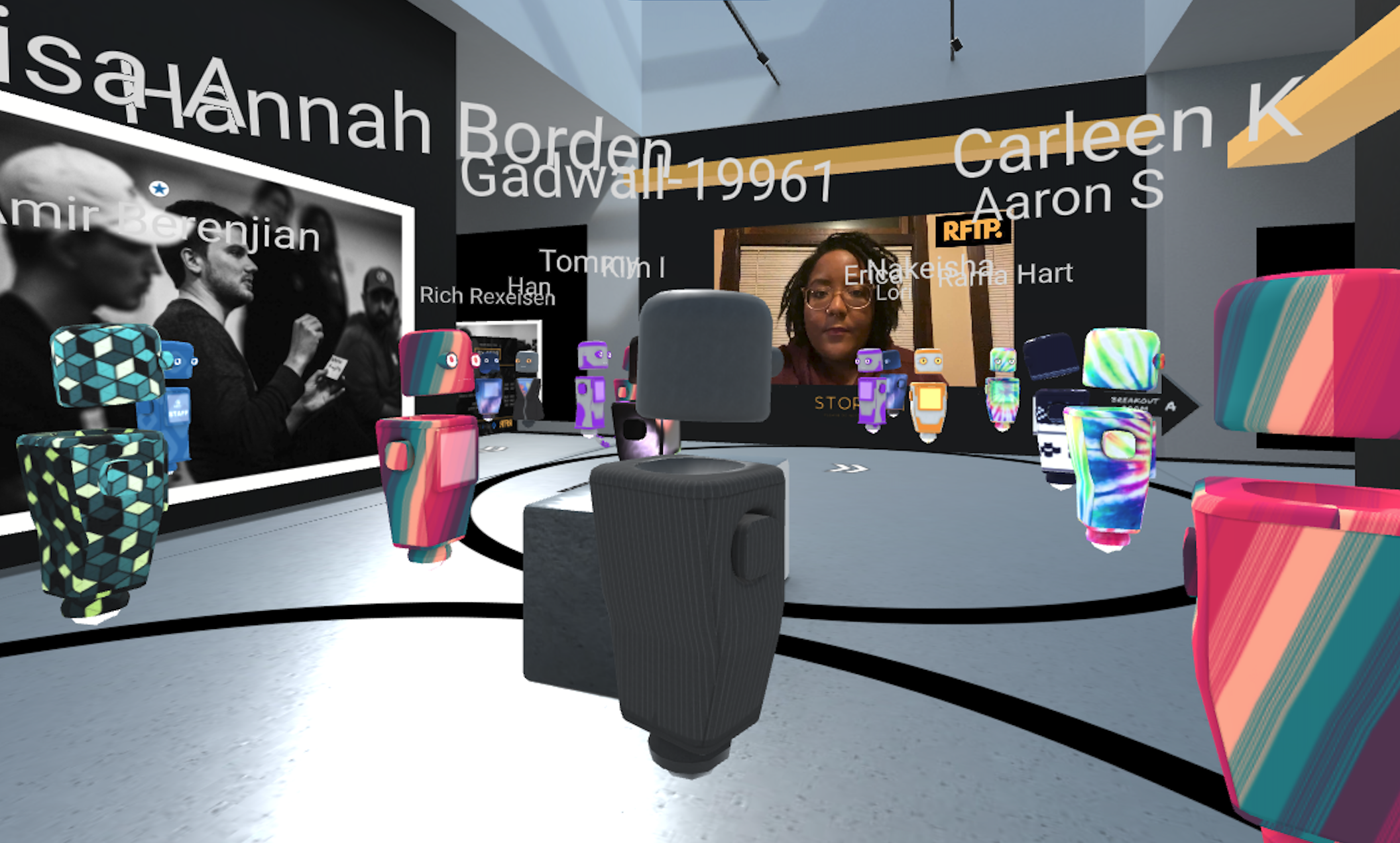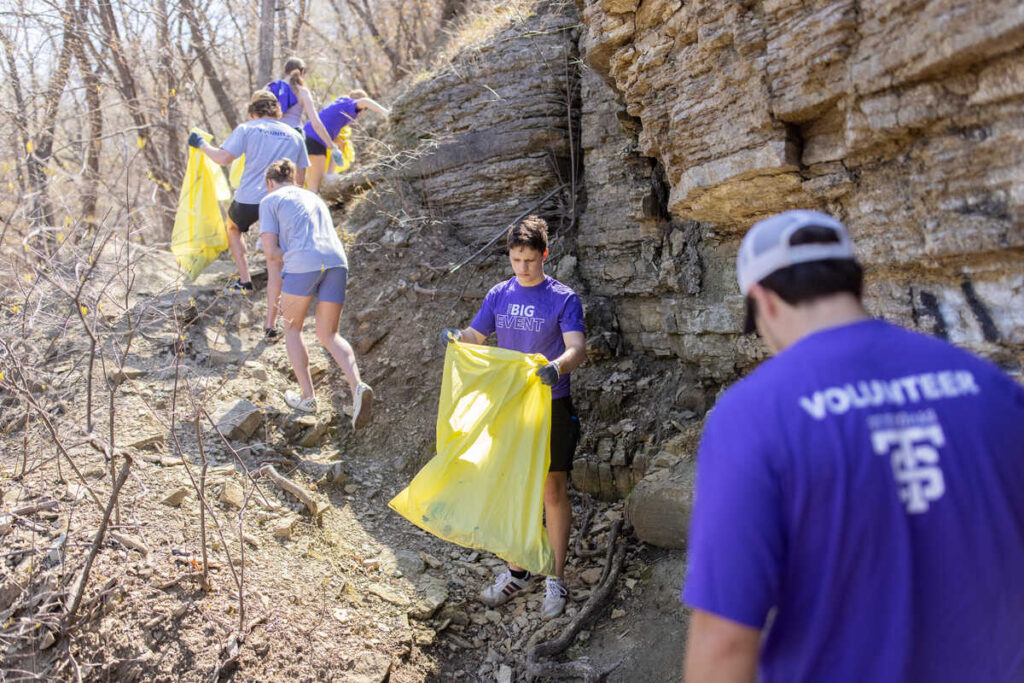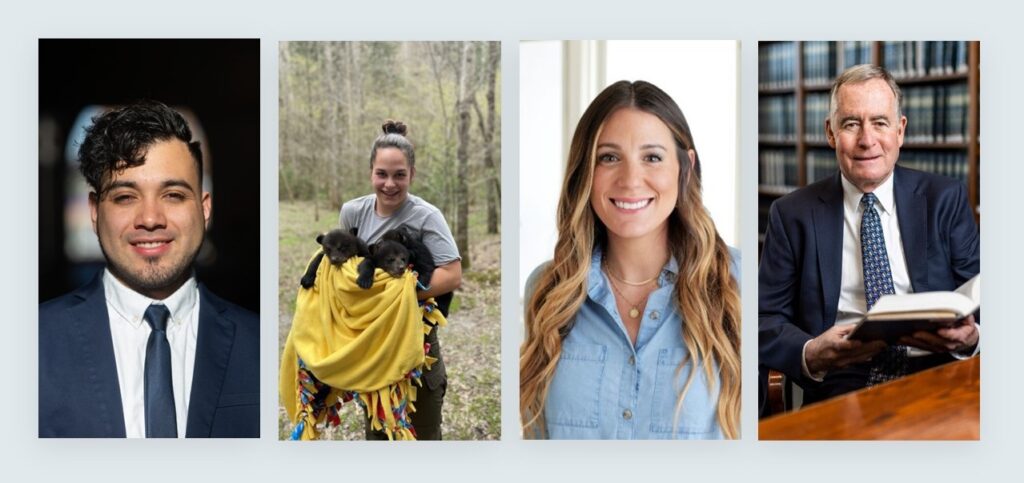A shared community does not always produce a common experience. To be able to walk in another’s shoes to see the world from their perspective is not so easy to do. However, through a virtual reality – or rather extended reality (XR) project, Opus College of Business students, faculty, and staff had an opportunity to consider how varying life experiences can inform perspective, especially as it relates to diversity, equity and inclusion.
The immersive virtual experience as co-sponsored by Business in a Digital World and DEI initiatives at the University of St. Thomas Opus College of Business to expose students to the systemic inequalities prevalent in Minneapolis.
“Minneapolis is a great place to live, great schools, great place to raise a family, but when you start to pull back the layers when it comes to things like education, incarceration rates and wealth, we have some of the worst racial inequities in the country,” said Amir Berenjian, CEO of REM5 Virtual Reality Labs.
REM5 joined with RFTP (pronounced “rooftop”), a Minneapolis-based nonprofit that uses storytelling to spark meaningful conversations between people with varying life experiences, to bring awareness to those racial inequities.
“We built an exhibition space called ‘One City, Two Realities’ that through data visualization, photographs, 360-degree photos, video and quotes tells the story about Minneapolis,” Berenjian said.
The XR environment is designed like a virtual museum. Students experienced the museum and its exhibits remotely using avatars. “Think of Roblox, but designed for the common good,” said Berenjian, an expert in the field of virtual reality. “One City, Two Realities” is a completely novel approach to DEI work.
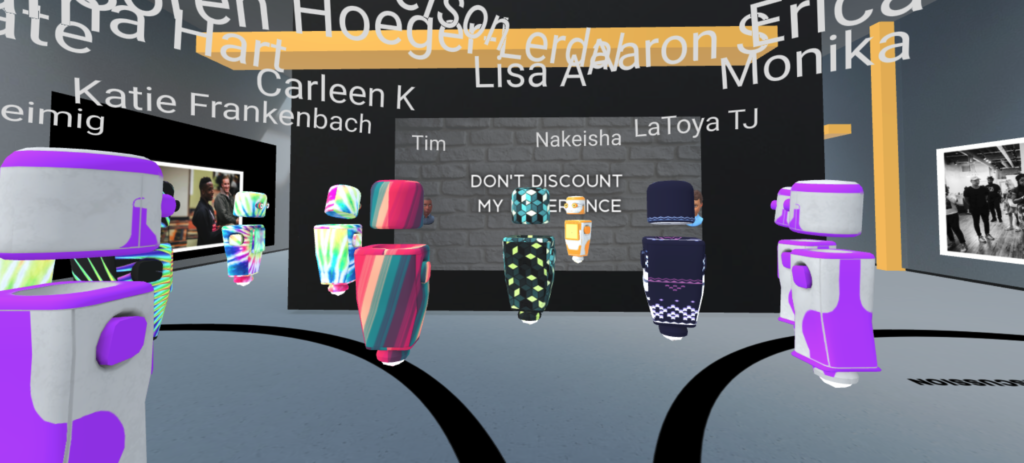
As visitors to the virtual museum and exhibits, students were able to walk around George Floyd Square, march alongside protesters, witness the toppling of the Columbus statue near the steps of the St. Paul Capitol, get an up-close look of the urban graffiti and murals sprayed across retail buildings, as well as see charts, graphs and maps about wage gaps, incarceration rates and housing deficits. The students, as their avatars, were also able to engage socially and connect emotionally with other users.
The anonymous nature of the virtual experience produced conversations that differed from their traditional in-person sessions, RFTP co-founder Tim Harris explained.
“In our live sessions, there was always a hesitancy to talk, given the subject matter,” Harris said. “Being able to speak from behind the avatars gave people a veil. Some people enjoyed it, some people didn’t like it. We provided an app that allowed people to give feedback live and anonymously. That was pretty engaging. We got a lot of data,” said Harris.
RFTP co-founder Latoya Taris-James also noticed that the XR experience provided time for reflection that sparked feedback from those who might not otherwise contribute in one of their traditional sessions. “A few moments of silence gave students the opportunity to actually speak up, and you could tell it was something that they had been processing throughout the session. It gave them the extra time and space to bring what they had to the table. I think it made a huge difference.”
Taris-James added, “Everyone has something to contribute to the work ... A lot of times we hear from people that ‘I’m just A, B or C and I shouldn’t speak on this subject.’ We want to take the stigma away from this kind of work, that you need to have credentials, and reassign that value to personal experience.”
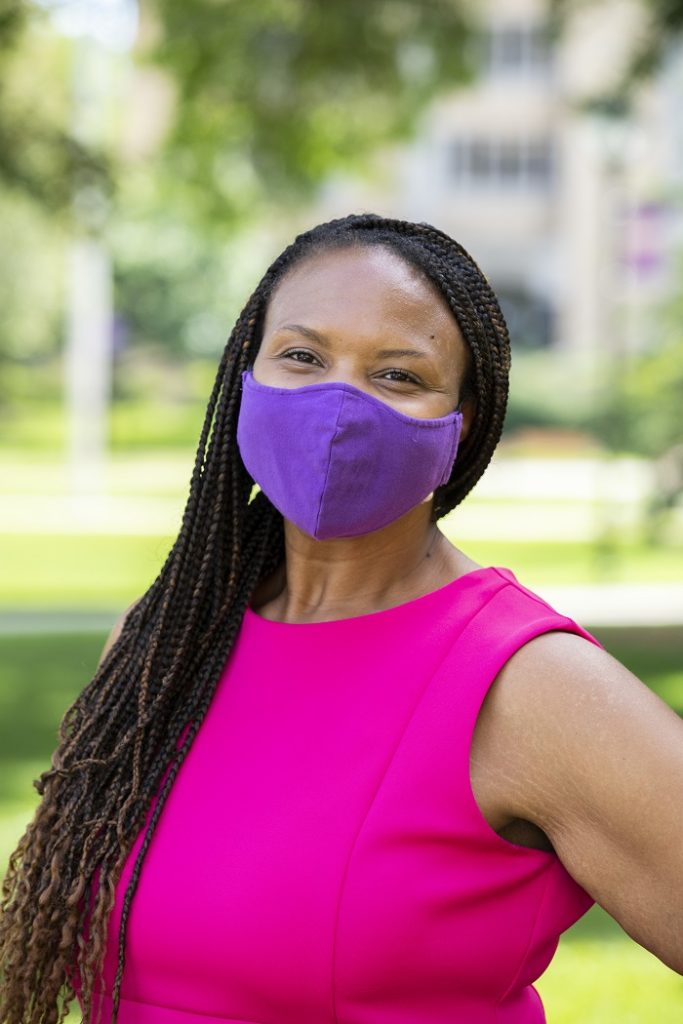
As associate dean of undergraduate and accelerated master’s programs and DEI ambassador to the Opus College of Business, Nakeisha Lewis is responsible for ensuring the authenticity of the university’s initiatives in the DEI space. While there is a risk for the university to take a chance on a new project dealing with sensitive subject matter, Lewis believes the consequences of not taking that chance are far greater.
“I wholeheartedly believe that we cannot live out our mission if we don’t do this type of work,” said Lewis. “I cannot say that we are producing principled leaders if they are not able to make the world of business more equitable.”
For RFTP, the project represented an authentic institutional investment not without risk. “We’re direct,” said Harris. “The way we go about this work is different than a lot of other organizations, and our hope is to cut through the ... pageantry of DEI work and get right to the conversations, and St. Thomas was with us every step of the way. The fact that they were willing to take a chance and spend dollars and put their money where their mouth was and engage says a lot about who they hope to be as an institution.”
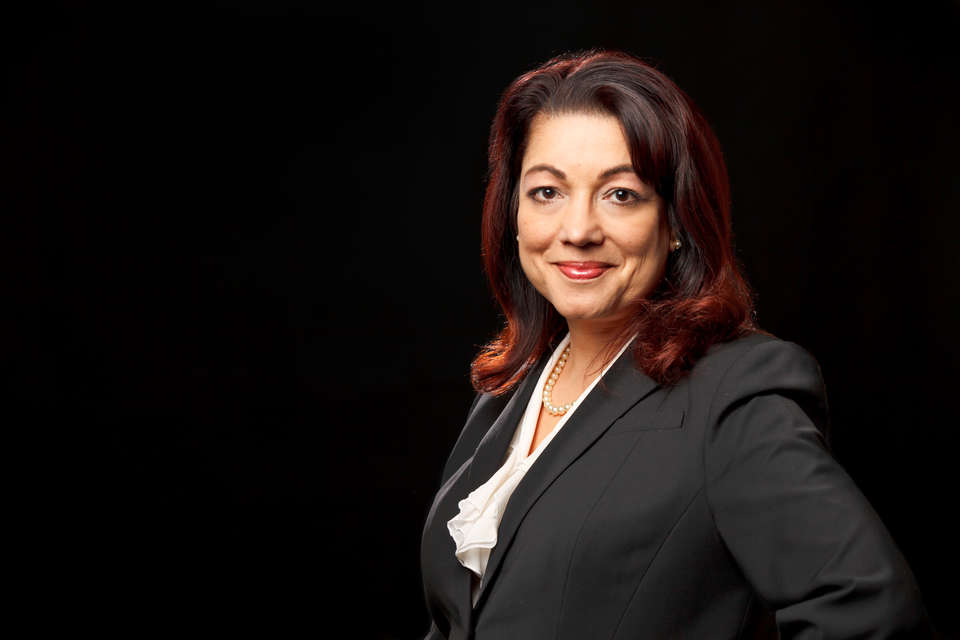
Dr. Rama Hart is an associate professor of management at the Opus College of Business. The students in her Inclusive Leadership class were among the first to experience the new virtual spaces. The students were initially hesitant to weigh in on the subject matter, but Hart said they conveyed a profound impact in their subsequent written reflections.
“It was a very meaningful experience for students and probably one of the most memorable aspects of the class,” said Hart. “Talking about race and racism is very difficult in any environment, but creating an environment that allows participants to experience other realities in a multidimensional format allows students to shift their perspective. I would certainly like to use the exercise again.”
Students were asked to reflect on their experience in the virtual space. These reflections, in addition to their anonymous comments within the virtual environment, were aggregated and disseminated to the development team. The university used the data to better inform the focus of their DEI initiatives.
